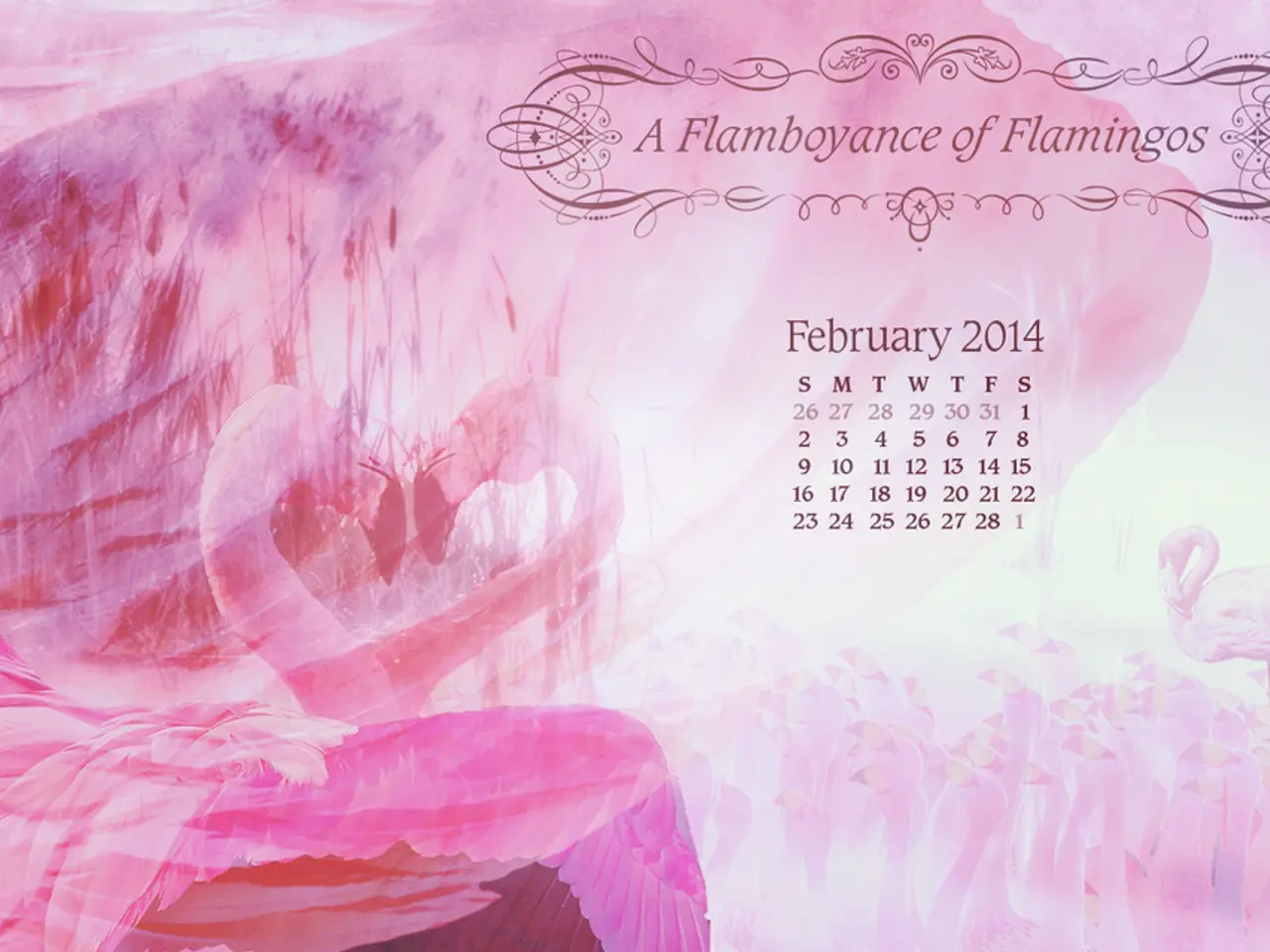Discussion on the intersection of ChatGPT and Māori data sovereignty concerns
In the realm of Artificial Intelligence (AI), tools like ChatGPT are pushing the boundaries in language generation. However, this progress comes with concerns when it comes to te reo Māori, the indigenous language of New Zealand. The debate revolves around data governance, ethical use, and cultural respect, as Māori data is considered a living taonga (treasure) that must be governed by Māori principles under Te Tiriti o Waitangi[1][3].
Key concerns include data governance and trust, treatment of sacred knowledge, ethical AI use and data handling, and practical measures in AI tools. Public distrust towards government agencies managing Māori data is prevalent, particularly after the scrapping of Census questions targeting Māori data collection. Māori groups question whether the Crown will support iwi-led data collection or improve cultural surveys like Te Kūpenga[1].
AI models like ChatGPT risk mishandling sacred knowledge, such as tikanga, whakapapa, karakia, or iwi-specific information that carry tapu (sacred restrictions)[2]. Responsible AI guidance urges explicit permission for data use, ethical and lawful sourcing, and safeguarding Indigenous content. Potential misuse or commodification of Māori mātauranga (knowledge) by AI systems is a major concern[4].
Some Māori-centered AI tools, like AIHOA, implement protocols to avoid generating sensitive cultural content and handle te reo Māori with linguistic accuracy and respect. These tools also avoid storing user data between sessions to support privacy[2].
While there is progress in establishing co-governance frameworks and ethical guidelines, the use of Māori data in AI systems like ChatGPT remains sensitive and requires ongoing dialogue, Māori-led governance, transparency, and respect to uphold Māori data sovereignty and protect cultural integrity[1][2][3][4].
Sonny Ngatai, a proponent of te reo Māori revitalization, sees the language as an integral part of New Zealand identity, with aspects beyond AI translation[5]. Ngapera Riley, an expert in the ethics of information and data sovereignty, advises against relying excessively on ChatGPT due to the risk of people becoming too lazy[6].
Associate Professor Te Taka Keegan is concerned that if ChatGPT produces a very good quality of Maori, it might mean Maori lose sovereignty over the language[7]. Māori data sovereignty experts will monitor and respond to the impact of ChatGPT on te reo Māori.
Data sovereignty is particularly important for First Nations peoples and cultures, including Māori, in preserving cultural, economic, and social interests tied to the data[8]. Ngatai discusses the history of te reo Māori revitalization and his passion for the language in a video interview[9].
Riley's company, Figure.NZ, aims to help New Zealanders thrive by sharing data visualizations[10]. If you are working with or using AI tools involving Māori data, it is advised to engage with Māori data sovereignty organizations like Te Mana Raraunga and follow ethical guidelines to ensure cultural safety and proper representation[2][4].
- The integration of AI technologies, such as ChatGPT, into language generation demands careful consideration, particularly in the case of te reo Māori, where data governance, ethical use, and the preservation of sensitive cultural knowledge are paramount, aligning with the principles of education and self-development.
- As artificial intelligence continues to evolve with tools like ChatGPT, the importance of data sovereignty for first nations, including Māori, becomes increasingly apparent in ensuring the protection of cultural integrity, particularly in the realm of lifestyle and identity.




